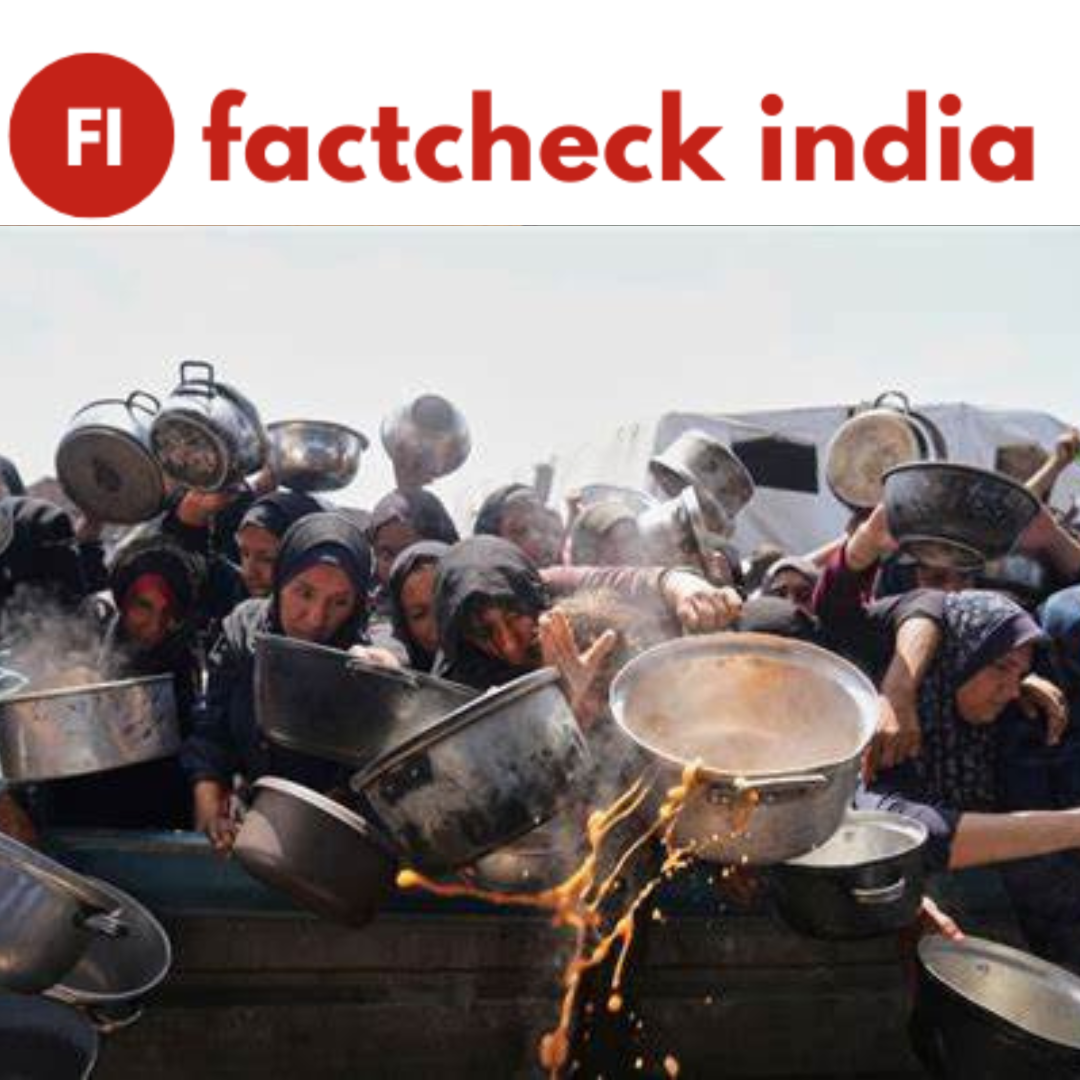Claim:
A UN-backed assessment states that Gaza’s entire population is at “critical risk” of famine due to an Israeli blockade that has halted humanitarian aid.
Fact:
TRUE, according to the Integrated Food Security Phase Classification (IPC), a UN-supported body that released a report confirming that 93% of Gaza’s 2.1 million residents are facing high levels of food insecurity. Out of this, 244,000 people are already enduring “catastrophic” levels—Phase 5, the most severe classification on the IPC scale.
Evidence:
- The IPC report, released Monday, highlights a “major deterioration” in food access and malnutrition since October 2024, worsened by Israel’s complete blockade of humanitarian aid since early March.
- The situation was temporarily relieved during a two-month ceasefire, but renewed Israeli military operations reversed any progress.
- Nearly 71,000 children under 5 are projected to suffer from acute malnutrition through April 2026.
- The IPC stated that people in Gaza are resorting to extreme survival strategies including begging and collecting garbage to sell for food.
- Aid agencies and the UN have condemned Israel’s blockade, labeling it a potential war crime and accusing it of pursuing a policy of starvation.
Counterpoint:
Israeli officials dispute the existence of a famine, claiming enough aid was delivered during the ceasefire. They argue the blockade aims to pressure Hamas into releasing remaining hostages. However, aid agencies at Gaza’s border crossings report being blocked from entry for over two months.
Conclusion:
The claim is backed by multiple credible, international sources. With over 1.95 million Gazans facing severe food insecurity and official famine one step away from being declared, the risk is real and urgent. While Israel denies a hunger crisis, its actions are being internationally criticized as contributing to one of the worst humanitarian disasters in recent history.

